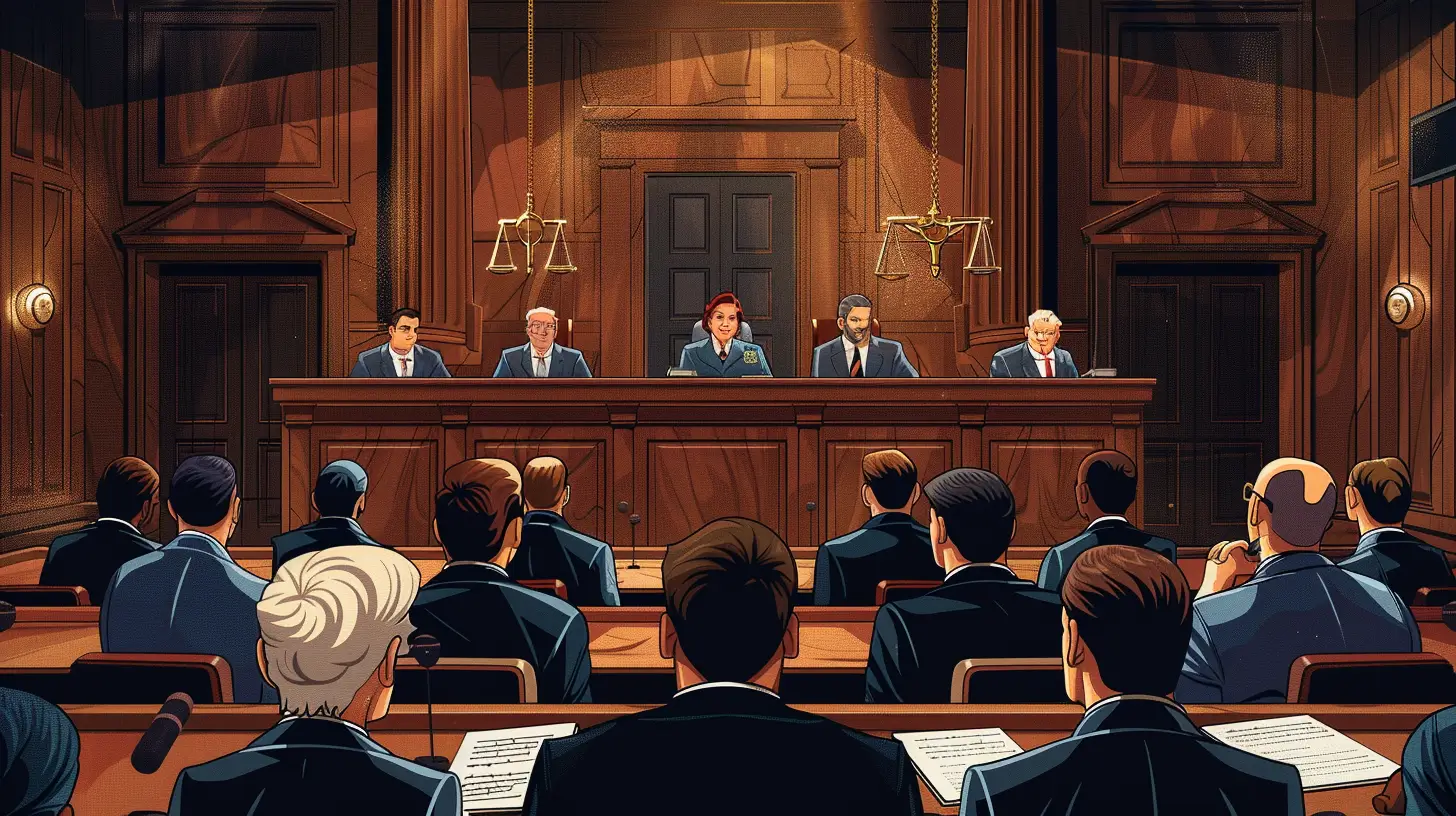September 20, 2025

When people hear about a criminal case, they often think of trials, verdicts, or plea bargains. But before many cases ever reach court, they pass through a grand jury. The grand jury plays a unique role: it doesn’t decide guilt or innocence but instead determines whether there’s enough evidence to formally charge someone with a crime.
Understanding this process helps defendants, witnesses, and even the public grasp why certain cases move forward while others do not. As The Legal Side of a Grand Jury explains, this step is critical in the justice system.
A grand jury is a panel of citizens — usually between 16 and 23 people — who review evidence presented by prosecutors. Unlike a trial jury (petit jury), their job is not to decide guilt but to issue an indictment if they believe probable cause exists.
Grand juries are most common in federal cases and serious state crimes. They serve as a safeguard, ensuring that the government cannot pursue charges without community oversight.
This gatekeeping function is similar to how The Process of a Criminal Case from Arrest to Verdict outlines each stage of justice: each step has its own purpose and protections.
The prosecutor directs grand jury proceedings. They:
Unlike in a trial, defense attorneys generally cannot present evidence or cross-examine witnesses during this stage. This makes the prosecutor’s role especially powerful, similar to their influence described in Understanding the Process of a Plea Bargain.
Witnesses may be subpoenaed to testify before the grand jury. They must answer questions under oath, but unlike at trial, defense attorneys cannot be in the room. Witnesses, however, may step outside to consult their lawyers before answering.
This can be intimidating, which is why A Lawyer’s Guide to Preparing for a Police Interrogation stresses preparation. The same applies here — witnesses must understand their rights and risks.
One defining feature of grand juries is secrecy. Proceedings are closed to the public to:
But secrecy also means the defense has little visibility, making it challenging to prepare. This imbalance mirrors the strategic complexities in How a Lawyer Can Challenge Evidence in a Criminal Case.
In a grand jury, prosecutors only need to show probable cause — a much lower standard than “beyond a reasonable doubt.” This is why indictments are common once cases reach this stage.
Understanding this lower threshold is crucial, just like recognizing deadlines in Understanding the Statute of Limitations for an Injury Claim.
If the grand jury finds probable cause, it issues an indictment. If not, the case may be dismissed, though prosecutors can sometimes present the case again with new evidence.
An indictment is not a conviction — it simply allows the case to move forward to trial or plea negotiations, as explained in Settlement vs. Trial: Which Is Right for Your Injury Case?.
For defendants, the grand jury process can feel one-sided. However, skilled defense attorneys can still:
This advocacy is similar to strategies outlined in The Benefits of a Private Criminal Defense Attorney vs. a Public Defender.
Consider a federal fraud investigation:
From here, the case proceeds to trial — or plea bargaining, depending on strategy. This mirrors how preparation and strong representation shaped outcomes in Case Study: Defending a Client Against Federal Drug Trafficking Charges.
The grand jury is not the end of a case but the beginning of formal prosecution. It decides whether charges move forward, but it does not decide guilt.
For defendants and witnesses, understanding this process is vital. With legal counsel, individuals can navigate the challenges, protect their rights, and prepare for what comes next. As Why Communication Matters When Choosing a Law Firm emphasizes, clear guidance is essential during stressful and uncertain legal proceedings.
Stay up to date with the latest tips, expert insights, product reviews, and step-by-step guides to help you grow, create, and succeed—no matter your industry or passion.